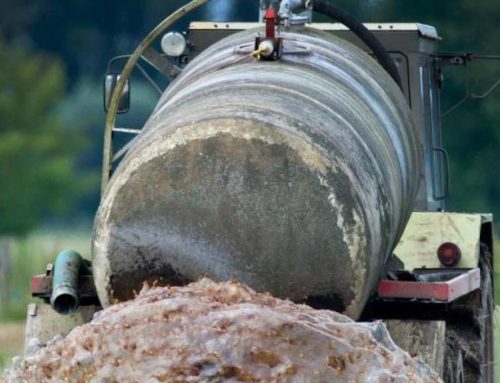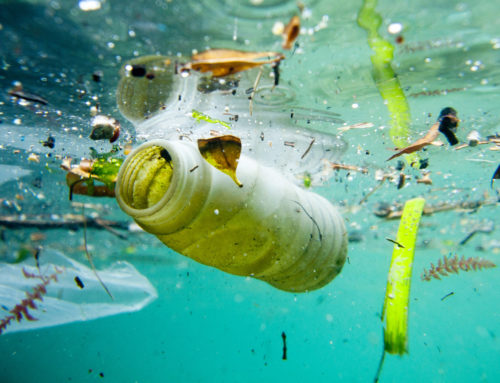- Plastic in water as well as in soil is becoming more and more a problem.
- Researchers have now found tiny plastic particles in human stool samples – in test persons all over the world.
- Little is known about the consequences for health.
In a pilot study, researchers from Austria have, according to their own statements, detected microplasty in the intestines of people for the first time. The plastic particles were found in stool samples from all eight study participants, as reported by the Medical University of Vienna and the Austrian Federal Environmental Agency on Tuesday. The details of the study will be presented at a congress in Vienna on Tuesday.
The test persons aged between 33 and 65 years, who live on different continents and do not know each other, kept a nutrition diary for one week and then handed in the sample. In a joint statement by the University of Vienna and the Austrian Federal Environment Agency, the participants all ate food or beverages from PET bottles packaged in plastic. The majority of the test persons also ate fish or seafood, nobody ate exclusively vegetarian.
Experts from the Federal Environment Agency searched the participants’ chairs in the laboratory for ten of the world’s most widely used plastics. The researchers found microplastics in all eight people’s stools, an average of 20 microplastic particles per 10 grams of intestinal contents. “In our laboratory, we were able to detect nine different types of plastic in sizes ranging from 50 to 500 micrometers,” explains Bettina Liebmann, the expert at the Federal Environment Agency responsible for microplastic analyses. She was particularly surprised by the variety of plastics. Polypropylene (PP) and polyethylene terephthalate (PET) were most frequently found in the samples.
Due to the small number of test participants, the scientists were unable to establish a connection between dietary behaviour and exposure to microplastics. According to Liebmann, not much was known about microplastics in humans prior to the study. After the presentation of the data on the congress the scientific publication of the study is to follow soon. A larger study is also planned to determine the effects of the particles on the human organism.
Plastic water? Not with us
Umuntu’s unique PureWater filtration technology has been tested for over 500 contaminants, including particle sizes such as microplastic.
All tested contaminants could not be detected by the independent and certified laboratory. This high reaction rate is made possible by Umuntu’s special eco-membrane. Further information can be found at: www.umuntu.ch
References:
- https://www.sueddeutsche.de/gesundheit/mikroplastik-mensch-1.4181146



